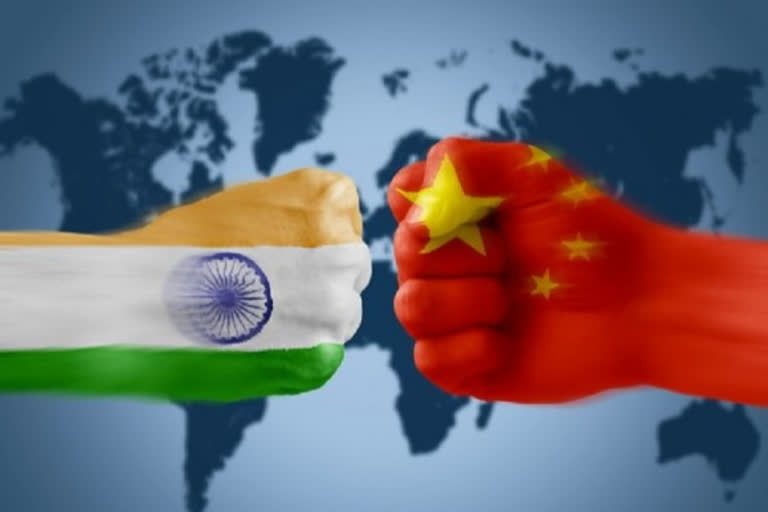Washington: The US is 'closely monitoring' the situation following a fierce clash between Indian and Chinese forces in eastern Ladakh, and hopes that the differences will be resolved peacefully, a senior State Department official has said.
Twenty Indian Army personnel, including a Colonel, were killed in the clash with Chinese troops in the Galwan Valley on Monday night, the biggest military confrontation in over five decades that has significantly escalated the already volatile border standoff between the two countries.
"We are closely monitoring the situation between Indian and Chinese forces along the Line of Actual Control," the State Department spokesperson said on Monday.
"We note the Indian military has announced that 20 soldiers have died, and we offer our condolences to their families," the official said.
Solution:
"Both India and China have expressed their desires to de-escalate and the US supports a peaceful resolution of the current situation," the spokesperson said.
"During their phone call on June 2, 2020, President Donald Trump and Prime Minister Narendra Modi had discussed the situation along the India-China border," the official added.
The Indian Army initially said on Tuesday that an officer and two soldiers were killed. But in a late evening statement, it revised the figure to 20 saying 17 others who "were critically injured in the line of duty and exposed to sub-zero temperatures at the standoff location succumbed to their injuries."
In Beijing, Chinese foreign ministry officials were silent on the casualties suffered by the People's Liberation Army (PLA) troops, but Hu Xijin, the editor of the ruling Communist Party-run Global Times tabloid, tweeted to say that there are casualties on Chinese side too.
According to a report in the US News, at least 35 Chinese troops including one senior official died in the violent clash with Indian soldiers.
Read more:China accuses Indian troops of 'provocative attacks'
"According to the US (intelligence) assessment, the Chinese government considers the casualties among their troops as a humiliation for its armed forces and has not confirmed the numbers for fear of emboldening other adversaries," the report said on Monday, quoting unnamed sources.
Meanwhile, leading US experts on the region have commented on the India-China violent face-off and said that the Chinese military's aggressive manoeuvres posed a threat to the entire region.
Situation:
"If there is one lesson for the US to draw from this, it is that the India-China border needs to be on the US foreign policy radar screen as a frontline for Chinese assertiveness," said Alyssa Ayres from the Council on Foreign Relations.
